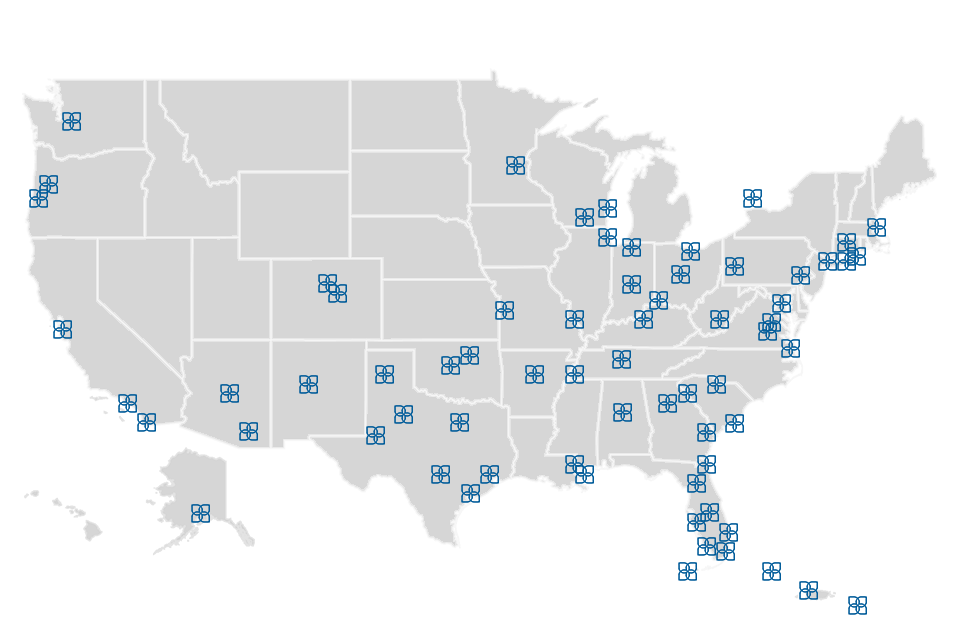by Christine Killion (LODGING Magazine)
John Plasencia was interviewed for this article published on May 15, 2020. The full article is available on the LODGING website.
_____________
Where there are hospitals, treatment centers, and other medical facilities, there are traveling patients and their families, visiting doctors, and a slew of others looking for a place to stay. Hotels in medical markets generally benefit from steady business, but John Plasencia, vice president at The Plasencia Group, explained that demand is not infinite. “Hotels in medical submarkets are relatively safe bets for the conservative, risk-averse owner, just because there is that consistent demand,” he said. “You do have to be thoughtful about other supply in the area, what your product is, what your product level is, and what your price point is. It’s not just, ‘if you build it, they will come.’” LODGING spoke with Plasencia in February about what hotel investors and operators should know about medical markets.
Affordability matters.
Whether arriving for a procedure or visiting a loved one in the hospital, guests have to contend with airfare and other travel expenses, often on top of out-of-pocket healthcare costs, Plasencia explained. “They’re spending a lot of money to fly to a given destination to visit a facility for a specific kind of treatment,” he said. “More than anything, what they’re looking for is a deal.” As a result, he said, these guests often opt for stays at select-service over full-service properties with higher rates.
Look beyond patients and families.
Hospitals and research centers, particularly those associated with or adjacent to universities, draw visiting doctors, academics, medical sales representatives, and other professionals. “For the non-patient-related guest, I do certainly think there’s a need for the full-service corporate hotel to appeal to the traveling salespeople, a convention where you have doctors from all over coming in, or an academic presentation,” Plasencia said. “There’s something for everybody in terms of hotel products in these markets.”
Give guests space.
Guests in medical markets, especially those staying for extended treatment, often require a larger room, Plasencia said. “If they’re traveling with family or if they have a medical device, they appreciate having a little more space to spread out,” he said. “I think the extended-stay product in these markets makes a lot of sense.”
Amenities can make a difference.
Traveling for a medical procedure or treatment can be stressful. Plasencia said that even small gestures of hospitality can have an impact on a guest’s stay. “Something as simple as having a flexible shuttle to and from a hotel to a facility so folks don’t have to rent a car makes a big difference, or throwing in a free breakfast for this person who is a little cash-strapped and might be in a rough spot because of whatever medical situation,” Plasencia said.
Find the right location.
Plasencia stressed that hotel owners and developers should be mindful of existing supply in medical markets. “We’ve seen it in several college towns; it seems there has been a real trend of folks wanting to develop there, and it looks like everybody had that idea at the same time. A lot of these small markets that have very consistent demand are now oversupplied,” Plasencia explained. Still, he sees more opportunity for hotel development in medical submarkets. “A lot of hospitals are popping up in more suburban areas that might not have the built-in hotel supply that a downtown or area right next to a university might have,” Plasencia said. “They are really attractive markets, but it’s all about finding the right opportunity.”


